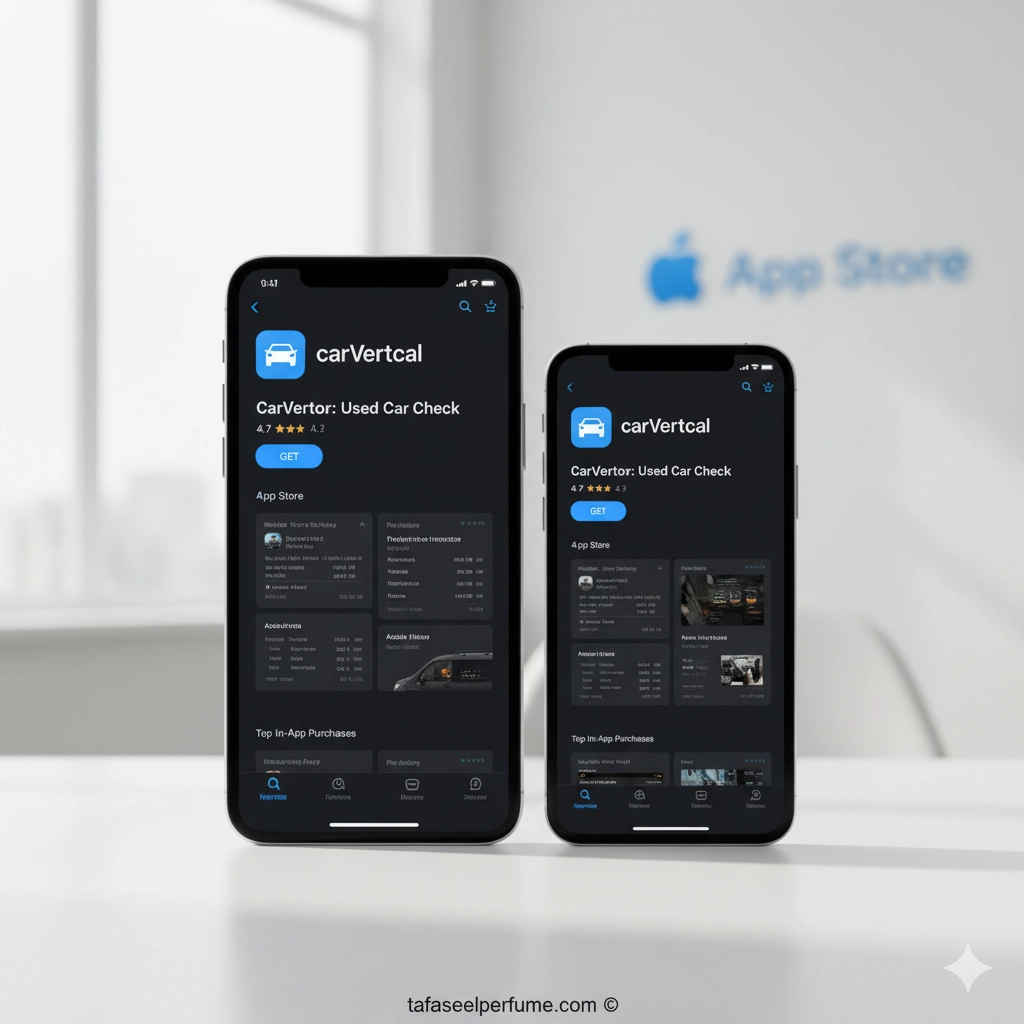Lead-in: Below you'll find a compact overview, a deeper explanation, a linked index of useful topics, long-form sections that expand each topic, and a set of FAQs to answer the most common concerns about the carVertical App Store. Along the way we naturally reference related categories like Adventure and Action apps to show how vehicle-check tools fit into broader mobile ecosystems.
1. What carVertical App Store offers
2. How VIN reports are collected
3. Pricing and subscription model
4. App usability and interface
6. Comparing to other services
7. How to use the app when buying a car
1. What carVertical App Store offers
The carVertical App Store is a mobile distribution point specifically highlighting carVertical's apps and related automotive tools. At its core it provides VIN (Vehicle Identification Number) checks and vehicle history reports designed for buyers, sellers, and enthusiasts. Users can quickly input a VIN or scan a barcode to retrieve details such as accident history, mileage rollback alerts, title issues, service records, and sometimes export-grade reports for resale listings.
Beyond raw reports, the app often bundles features like saved searches, multi-vehicle management, and links to similar tools in the automotive apps space — think of it as an automotive-focused mini-ecosystem where a user might jump from a VIN report to browsing nearby maintenance apps or even automotive-themed games in categories like Racing and Simulation.
2. How VIN reports are collected
carVertical compiles data from public registers, insurance companies, governmental transport agencies, service and inspection records, and other third-party sources. The app acts as a bridge: you enter a VIN, and the service queries aggregated sources to assemble a timeline for that specific vehicle. This timeline typically includes registration history across countries, recorded odometer readings, reported collisions, stolen vehicle notices, and any title changes.
It’s important to understand that the availability and completeness of data vary by region. In some countries, service records and inspections are meticulously logged and available electronically; in others, gaps exist. The app attempts to normalize and flag uncertainties so users can make informed decisions rather than relying on a single green-or-red verdict.

3. Pricing and subscription model
Most car history apps adopt a mix of pay-per-report and subscription tiers. carVertical’s model traditionally offers single-report purchases alongside bulk packages or subscription plans for dealerships and professional users. Pay-per-report suits occasional buyers; subscriptions are better for professionals or high-frequency users.
When evaluating cost, factor in the value of avoiding a bad purchase. A modest fee for a reliable VIN check can save thousands by revealing hidden damage or rollback. Also watch for promotions inside the carVertical App Store and cross-promotions with related automotive services or marketplaces.
4. App usability and interface
Usability is a strong selling point. The ideal carVertical app provides a clean input screen, quick VIN scanning via camera, and clear, human-readable timelines. Reports should highlight critical items (salvage title, odometer discrepancy, theft history) up front and allow deep dives into raw data for power users. Mobile UX patterns borrowed from popular categories — a fast search like Puzzle games’ instant feedback or clear progression cues from Strategy apps — help make complex data feel approachable.
Accessibility features, export options (PDF/email), and offline caching for saved reports are practical additions that improve real-world usefulness when you’re inspecting a car in a lot with spotty reception.
5. Accuracy and data sources
No single company controls every vehicle record worldwide, so accuracy depends on the breadth of sources and the frequency of updates. carVertical aggregates many datasets to improve coverage and flags conflicting records when present. Users should treat VIN reports as one part of due diligence: combine the report with physical inspections, maintenance logs, and, when possible, professional mechanic checks.
Important indicators of a trustworthy report include clear source attribution, timestamps for each record, and an explanation of how the service resolves conflicting entries. A transparent methodology inside the carVertical App Store helps build confidence and lets users understand any blind spots in the data.
6. Comparing to other services
When comparing carVertical to competitors, consider three axes: data coverage, price, and user interface. Some competitors may have stronger regional ties (better local government database access), while others focus on global reach. carVertical’s advantage is often a balanced approach — decent international coverage, user-friendly mobile experiences, and competitive pricing. But regional specialists or government portals might outperform it on hyper-local official records.
If you’re a casual buyer, a single carVertical report paired with a trusted local check might be perfect. If you manage fleets or run a dealership, compare bulk pricing and API access across multiple vendors before committing.
7. How to use the app when buying a car
Using carVertical effectively means integrating the app into your buyer checklist. Start by scanning the VIN at the listing or on the vehicle physically. Order the report, review red flags (salvage, inconsistent mileage, previous flood damage), and save the report to reference during negotiation. Combine the digital check with a test drive and inspection; if the report flags major concerns, ask the seller for supporting paperwork or consider walking away.
Pro tip: store reports and screenshots in your phone so you can quickly present evidence when negotiating. And if you’re comparing multiple cars, maintain a short spreadsheet or notes listing each vehicle’s critical issues to decide rationally rather than emotionally.
FAQs about carVertical App Store
Q1: Is carVertical App Store free to use?
Generally, downloading the app is free but obtaining full vehicle history reports usually requires payment. Some apps provide limited free previews or a summary of key flags but lock detailed records behind a paywall or credit system.
Q2: How reliable are carVertical reports?
Reports are as reliable as the aggregated sources. carVertical improves reliability by combining multiple datasets and flagging inconsistencies, but users should still perform physical checks and seek service records when possible.
Q3: Can I use carVertical for cars outside my country?
Yes — carVertical markets itself as an international tool. Coverage varies by country; some regions have richer, machine-readable records than others. Always check the report’s geographic timestamps and source notes.
Q4: Does the app keep my searches private?
Privacy practices depend on the app’s policies. Most reputable services state how they store search logs and personal details. Review the privacy policy inside the carVertical App Store and use email-free options or guest modes if available and you prefer minimal footprint.
Q5: Can carVertical detect odometer rollback?
carVertical flags odometer inconsistencies by comparing recorded mileage entries over time. While it can detect suspicious patterns, absolute proof may require cross-checking with maintenance records or inspection reports.
Q6: Is there a subscription for dealerships?
Yes — many vehicle history providers, including carVertical, offer business tiers with bulk report discounts, API access, and white-label options. These tiers are oriented toward dealerships, fleet managers, and inspection services.
Q7: How should I act if the report shows a salvage title?
A salvage title is a major red flag: it means the car was declared a total loss by an insurer at some point. If you still consider the vehicle, obtain full repair records, a professional inspection, and factor potential resale and insurance difficulties into your offer. Often walk-away is the safest choice unless the price fully reflects the risk.
Related categories and deeper browsing: while focused on vehicle checks, the carVertical App Store exists alongside many app genres — casual glance-ups to check a car can sit comfortably between light entertainment like Casual apps and more serious tools used by professionals in Strategy or Simulation niches. Use the app as one reliable tool in a larger toolkit when buying or selling used vehicles.






